 Though the earth and all inferior creatures be common to all men, yet every man has a property in his own person. This nobody has any right to but himself. The labour of his body, and the work of his hands, we may say, are properly his. Though the earth and all inferior creatures be common to all men, yet every man has a property in his own person. This nobody has any right to but himself. The labour of his body, and the work of his hands, we may say, are properly his.  Principles of Political Economy - Page 18by George Poulett Scrope - 1833 - 457 pagesFull view Principles of Political Economy - Page 18by George Poulett Scrope - 1833 - 457 pagesFull view - About this book
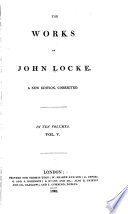 | John Locke - 1823 - 516 pages
...all inferior creatures, be common to all men, yet every man has a property in his own person : this nobody has any right to but himself. The labour of his body, and the work of his VOL. v. AA hands, we may say, are properly his. Whatsoever then he removes out of the state that nature... | |
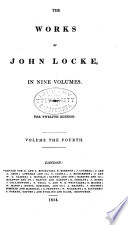 | John Locke - Coinage - 1824 - 514 pages
...all inferiour creatures, be common to all men, yet every man has a property in his own person : this nobody has any right to but himself. The labour of his body, and the work of his hands, VOL. IV. 2 A we may say, are properlyJhis. Whatsoever then he removes out of the state that nature... | |
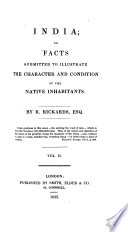 | Robert Rickards - India - 1832 - 828 pages
...inferior creatures, be common " to all men, yet every man has a property in his own person : " this nobody has any right to but himself. The labour of his " body, and the work of his hands, we may say, are properly "his. Whatsoever then he removes out of the state that " nature hath provided,... | |
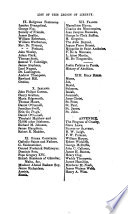 | Julius Rubens Ames, Benjamin Lundy - Slavery - 1843 - 598 pages
...restraint of any law, but what that legislature shall enact, according to the trust put in it. Every body has a property in his own person that nobody has any right to but himself. The labor of his body and the work of his hands we may say are properly his, — Treatise on Government... | |
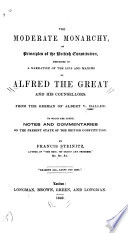 | Albrecht von Baron HALLER - Constitutional history - 1849 - 388 pages
...and all inferior creatures be common to all men, yet every man has a property in his own person. This nobody has any right to but himself. The labour of his body, and the work of his hands, we may say, are properly his. Whatsoever then he removes out of the state that nature hath provided,... | |
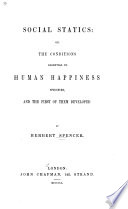 | Herbert Spencer - Economics - 1851 - 492 pages
...says Locke, " be common to all men, yet every man has a property in his own person: this nobody has a right to but himself. The labour of his body, and the work of his hands, we may say tire properly his. Whatever then he removes out of the state that nature hath provided and... | |
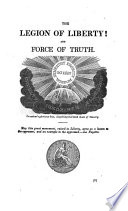 | Julius Rubens Ames - Abolitionists - 1857 - 348 pages
...of any law, but what that legislature shall enact, according to the trust put in it. Every body lias a property in his own person that nobody has any right to but himself. The labor of his body and the work of his hands we may say are properly his. — Treatise on Government... | |
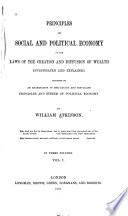 | William Atkinson - Economics - 1858 - 698 pages
...all inferior creatures be common to all men, yet every man has a property in his own person ; this nobody has any right to but himself. The labour of his body, and the work of his hands, we may say, are properly his. Whatsoever then he removes out of the state that nature hath provided... | |
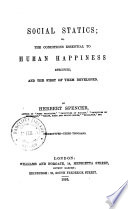 | Herbert Spencer - Economics - 1868 - 544 pages
...says Locke, " be common to all men, yet every man has a property in his own person: this nobody has a right to but himself. The labour of his body, and the work of his hands, we may say are properly his. Whatever then ho removes out of the state that nature hath provided and... | |
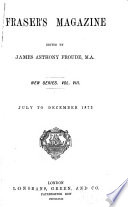 | 1873 - 824 pages
...says Locke, ' be common to all men, yet every man has a property in his own person. This nobody has a right to but himself. The labour of his body and the work of his hands we may say are properly his. Whatever, then, he removes out of the state that nature hath .provided... | |
| |